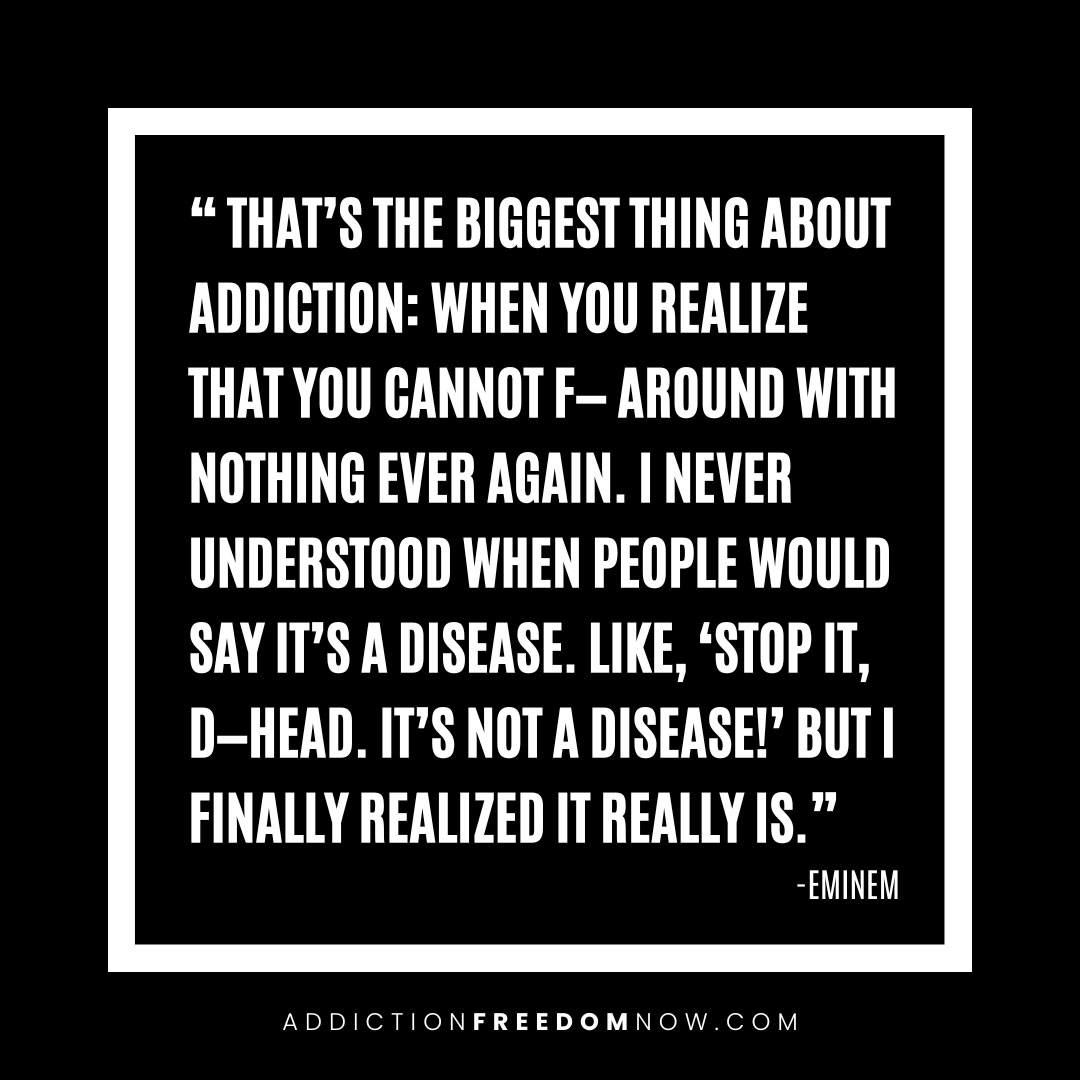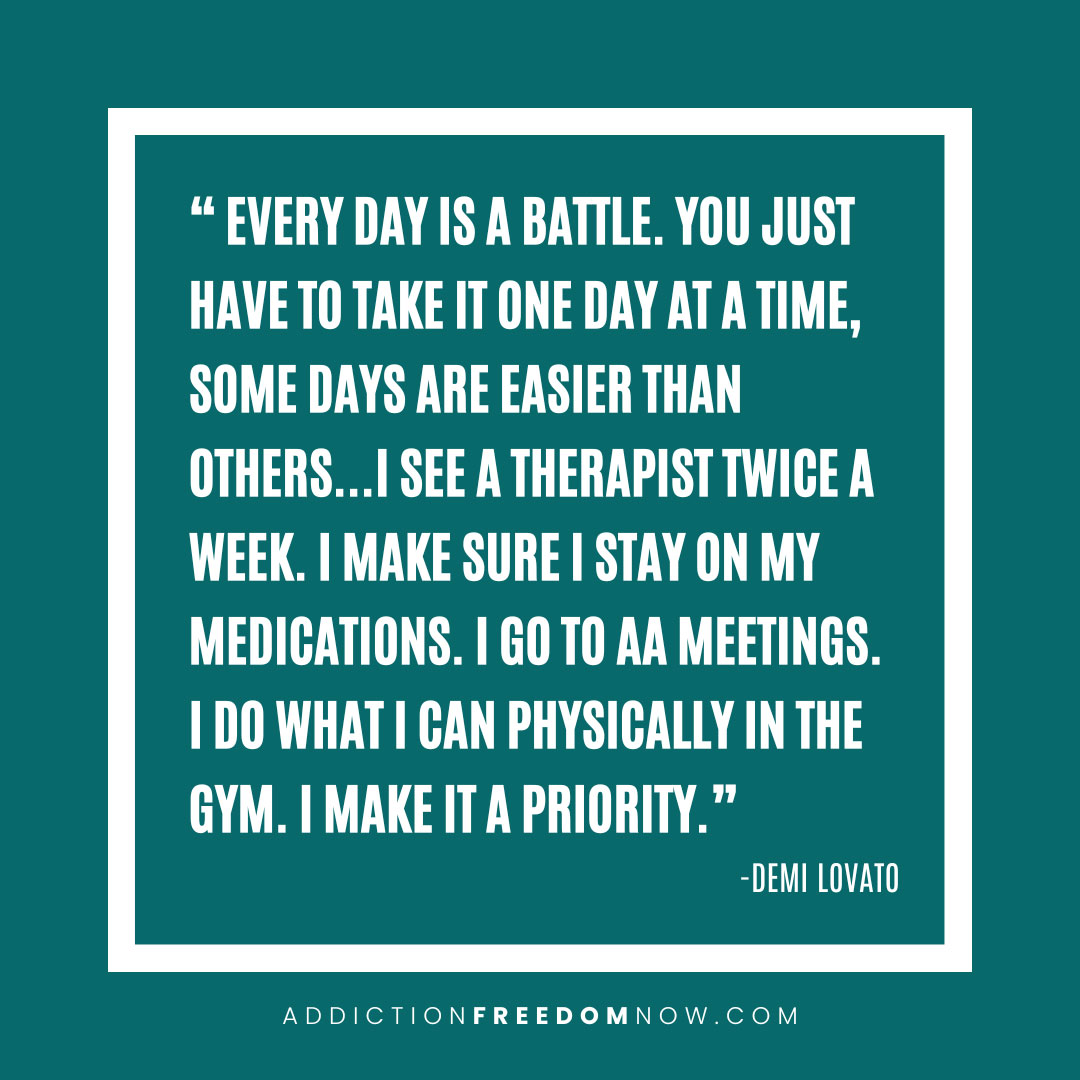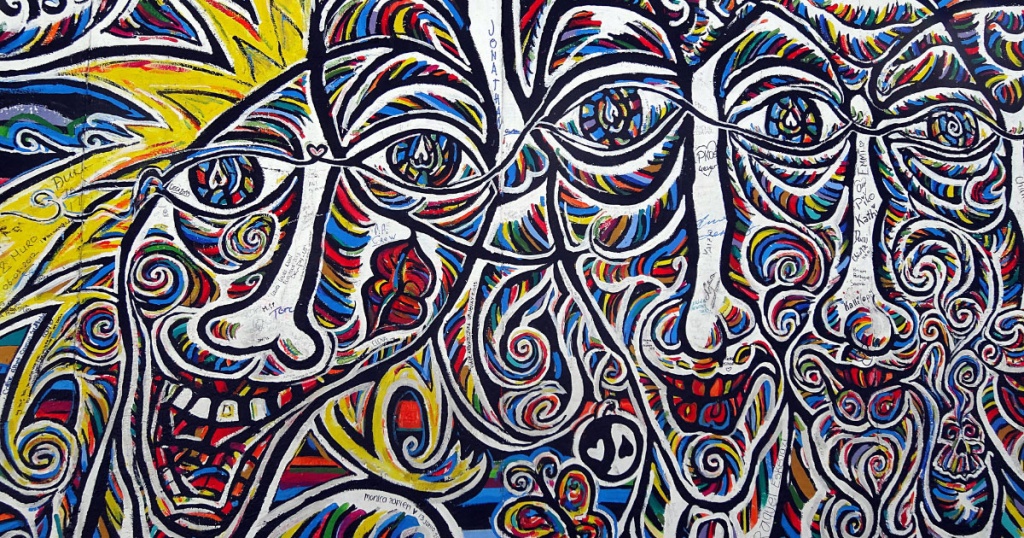Sobriety can be a daunting idea, especially if you’ve been struggling with substance use disorder (SUD) for a long time – at some point, life with substances becomes the life you’re familiar with, no matter how rough things get. However, the physical and mental health benefits of sobriety alone mean it’s more than worth making the changes necessary to get sober, no matter how challenging recovery feels.
Of course, addiction recovery is a complex process and requires plenty of time and hard work. We’ve put together a list of the reasons to seek sobriety that resounded with us and others in our recovery community. At its core is the freedom of life after addiction, and it can look different for everyone. If you’re currently wondering whether it’s really worth it to get sober, we hope you’ll consider these points.
Improved Physical Health
One of the most pressing reasons people seek freedom from addiction involves health concerns. Illicit street drugs, misused prescription medications, and alcohol can all negatively impact your overall health in the short term. If you let these substances dictate your daily life, you may struggle to break free and risk long-term consequences or even death.
Alcohol alone can cause more than 30 different health problems, including cancer, pancreatitis, liver disease, and more. However, the health benefits of sobriety are plentiful, and most people begin reversing the damage caused by substance use the moment they stop using. Still, it’s important to take action as soon as possible, as certain kinds of damage, like cirrhosis and cell death, are irreversible.
Better Control Over Emotional and Mental Health

Many people begin using substances as a way to manage some sort of problem, and this most often is the case with emotional upheaval or mental health disorders. Unfortunately, the truth is that alcohol and drugs are only effective at numbing you for a while before they eventually worsen your condition and prevent you from thinking rationally. You may also experience additional trauma or develop additional mental health symptoms because of the changes in your brain that those substances cause. Eliminating substances from your life can help you get rid of secondary mental health symptoms and gain more benefits from healthier treatment methods like professional counseling or self-care techniques.
Improved Relationships
Unfortunately, SUD can not only cause isolation as you become more and more involved with substance use and attempt to hide your use from others, but your behavior may cause you to burn bridges between you and your loved ones. Substance use can also begin to take the place of conversations with loved ones who care about you. Improved emotional well-being in sobriety is a chief factor in helping you improve your relationships.
When you make the decision to seek sobriety, you can begin learning techniques for helping you repair existing relationships, like being accountable for your behavior, honesty, and open communication, and even how to make amends as part of a 12-step program like AA. It’s also worth mentioning that when you do begin treatment, you can build relationships with others who are walking a similar path toward sobriety. You may find that others who are seeking treatment have similar experiences or unique outlooks on coping with triggers, providing you with more support during your recovery.
New Opportunities for Personal Growth
SUD can take over your life and prevent you from exploring new opportunities and trying new things. You may have passed up the opportunity to spend time with loved ones, missed an opportunity for education or career growth, or even given up a hobby you once loved. When you are free from substances, you not only free up more time in your day, you’re also healthier, have more energy, and are more likely to take advantage of opportunities to improve your life.
If you’re tired of feeling sick, weak, exhausted, or depressed and ready to find meaning in your life, it’s time to consider sobriety. Personal growth in sobriety is common, and it can help you make astounding positive changes in your life and feel healthy enough to persist in them.
Improved Financial Situation
Drugs and alcohol are expensive for even the moderate user, but when you become dependent on a substance, it can significantly impact your financial situation. Worse, substance use disorder can cause absenteeism, poor performance, decreased productivity, and unpredictable behavior, which can lead to issues at work or school. Together, these issues can cause severe financial strain. When you become sober, you’ll find that your work performance will improve, eliminating uncertainty regarding your employment status. Best of all, you’ll no longer need to spend money on substances and can begin putting your finances toward things you need.
Ability to Address Guilt
Many individuals feel guilty about using substances like drugs and alcohol even if others have offered to help them. To make matters worse, you may have said or done things you regret, as substances can cause you to think irrationally and make poor decisions. As mentioned, when you commit to sobriety, you will likely have the opportunity to address any past incidents that have you feeling guilty. Enhanced mental clarity and open communication can help you move past your feelings of guilt and forgive yourself so you can focus on your future.
Increased Authenticity
You can’t truly express yourself if you’re using substances that are influencing your behaviors and emotions. Sobriety enables you to feel more like yourself both in your own thoughts and in your interactions with others. When you feel like your authentic self, you can make clearer decisions, form real bonds with others, and get through your day on your own merits rather than with the help of substances.
Improved Self-Esteem
When you’re not thinking clearly due to your SUD and the associated physical and mental health issues, it can be all too easy to believe negative thoughts like, “I’m not good enough,” “No one loves me,” “I’ll never get better,” and more. It is vital to understand that you are good enough, you are loved, and there’s always a chance to feel better in sobriety.
Your journey toward sobriety can help you improve how you view yourself and how you interact with others. Of course, recovery is rarely easy, and it takes a lot of work. However, it is a long yet rewarding journey, and you will soon look back on it and be proud of what you’ve accomplished.
Encouragement from Celebrities Who Have Become Sober
You will meet plenty of people during your recovery journey who will inspire you to keep going and work toward a better future. Before you get started, it can be comforting to know that there are many celebrities who have walked the path toward recovery and become sober through their efforts. Below are just a few celebrities who struggled with substances just like you but have since become sober and stayed successful.

Eminem
In 2007, famous rapper Eminem overdosed on methadone and collapsed on the floor of his home. Terrified from the experience, he entered rehab and began a 12-step program to recover from SUD. The rapper once frequently used opioids to get through his day, but since his collapse in 2007, he has remained sober.
Since this experience, Eminem has openly discussed his dependence on drugs, and he explained how it was killing him. When he became sober and stopped using all substances, he truly began to feel happier and more hopeful. Eminem released an album titled Relapse in 2009, as well as an album titled Recovery in 2010, both related to his experience with drugs.
Daniel Radcliffe
Best known for portraying Harry Potter himself, actor Daniel Radcliffe developed SUD while drinking alcohol excessively during the filming of the Harry Potter movies. Radcliffe felt lonely and worried about his future after the films were finished, and he grew accustomed to consuming alcohol to feel better. Radcliffe realized he wasn’t okay with what was going on and made the crucial decision to seek sobriety in 2010.
Drew Barrymore
Drew Barrymore was a child star who found success in popular movies E.T. and Firestarter in the 1980s. A child of celebrities herself, Drew was exposed to a party-heavy lifestyle at a young age, and she began using drugs and alcohol before she became a teenager. While she was able to stop her drug use and regain success after many years, her struggles with substance use weren’t over.
After Barrymore divorced her husband, Will Kopelman, she began using alcohol as a way to cope with the situation. Her loved ones began noticing how this was affecting her, and her therapist broke up with her, citing alcoholism as the reason. When she was offered to host a talk show, she once again began the journey toward sobriety to end her relationship with problematic drinking. Barrymore has not consumed any alcohol since 2021.
Brad Pitt
Actor Brad Pitt began drinking heavily in 2016 after divorcing actress Angelina Jolie. In 2017, he opened up about his relationship with alcohol, stating that he had frequently participated in binge drinking since college. He began attending Alcoholics Anonymous in 2017, and since then, he has refrained from alcohol use.
Russell Brand
Comedian and actor Russell Brand began his sobriety journey in 2002 after his life spiraled out of control due to alcohol and heroin. His strategy was to take things one day at a time and focus on spirituality. In December of 2022, he announced that he has been sober for 20 years and thanked his fans for their continued support.
Ben Affleck
Actor and director Ben Affleck first sought rehab in 2001 due to alcoholism. In 2017, Affleck announced on social media that he was re-entering rehab. Affleck has noted that it took him a long time to admit he had a drinking problem and credited fellow actors Robert Downey Jr. and Bradley Cooper for offering their support and guidance. Affleck’s story reminds us all that it may take decades to truly recover and learn healthier strategies to manage issues, but there is always hope.

Demi Lovato
In 2018, singer Demi Lovato nearly died from an overdose. As a result, she committed herself to maintaining sobriety. She admitted she had an unhealthy relationship with drugs and alcohol and has since stated in interviews that she realized she wasn’t her authentic self unless she was sober. She has been sober since entering rehab and released an album in 2022 with songs about her experiences, including 29 and Substance.
Adele
Following her divorce from Simon Konecki, 16-time Grammy winner Adele began misusing alcohol as a way to manage her emotions. She had considered herself a “borderline alcoholic” since her early 20s but stopped drinking entirely when she was 35. While she once found enjoyment in consuming alcohol, she also recognized she had an unhealthy perspective on substance use, as her father died from alcoholism. This self-reflection helped her put a stop to her alcohol consumption, and she has been sober since 2023.
Elton John
Freedom from addiction can be evasive, as admitting you need help is much easier said than done. However, Elton John finally asked for help in 1990 after decades of alcohol and drug use. Within six months, he started learning new strategies to manage his anger, bulimia, and other health issues.
One simple phrase, “I need help,” was all it took for people to understand what he was going through. This helped John recover and inspire others on their sobriety journey.
Join The Addiction Recovery Community Today

The recovery community at Addiction Freedom Now knows that anyone can benefit from sobriety, and the reasons for sobriety are as unique as the many people who experience SUD today. Our community consists of everyone from recovery professionals and people in recovery to loved ones of people with SUD. We’re committed to sharing our experiences, offering guidance and support, and encouraging people to seek a brighter future.
Your reasons for seeking recovery will be unique to you, but whether you’ve gone through a traumatic experience, have an undiagnosed mental health disorder that has gotten out of control, or are simply struggling with substance use, we’re here for you.
Subscribe here to get tips, news and other community updates sent to your inbox.





